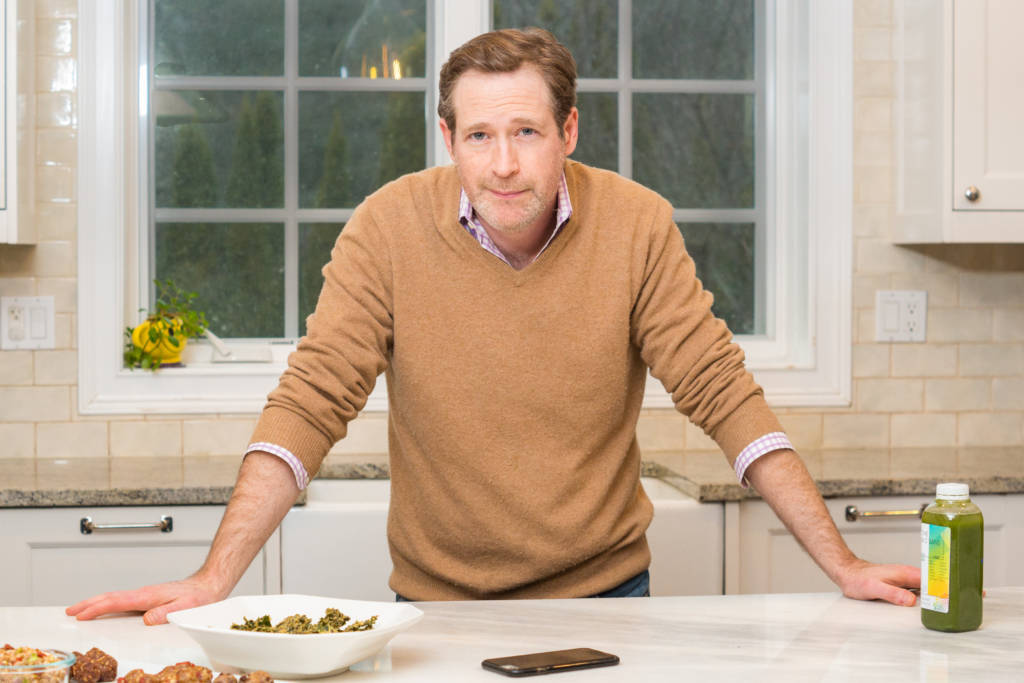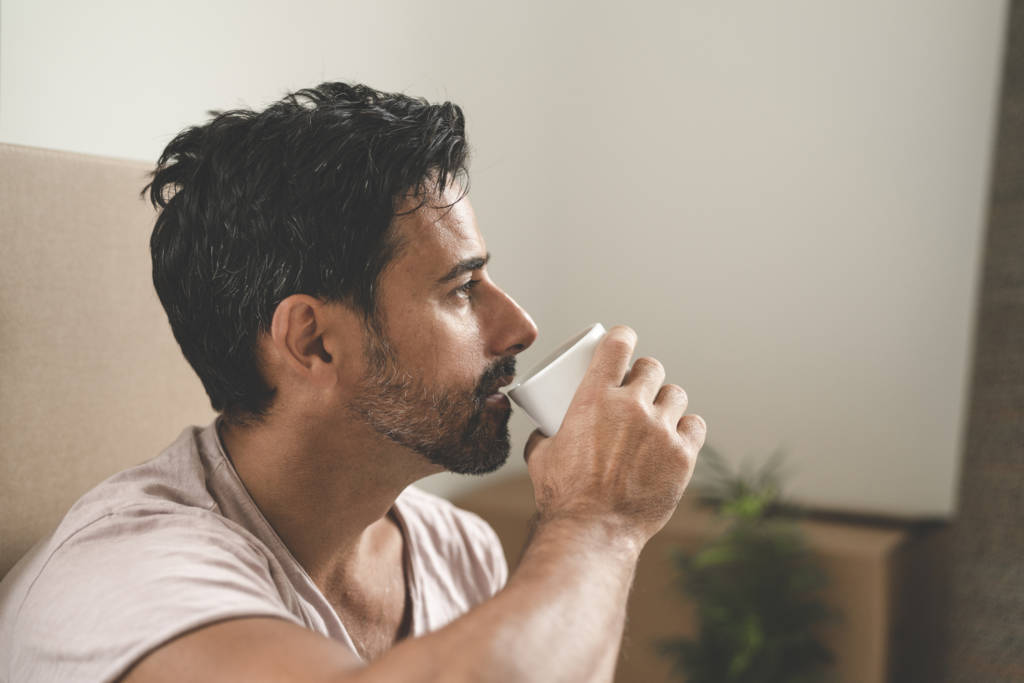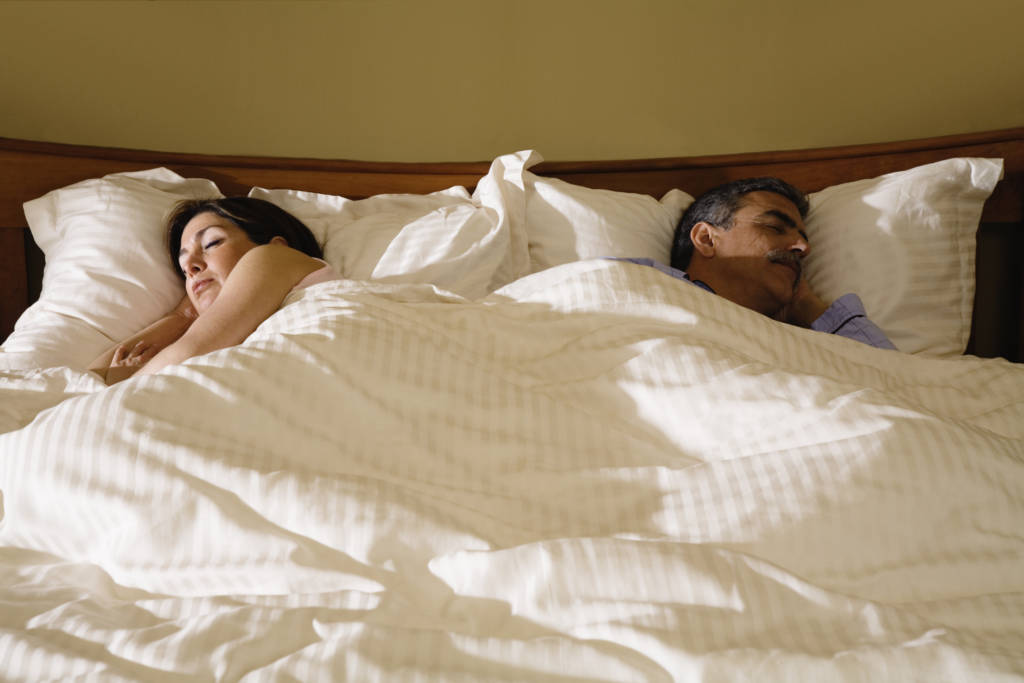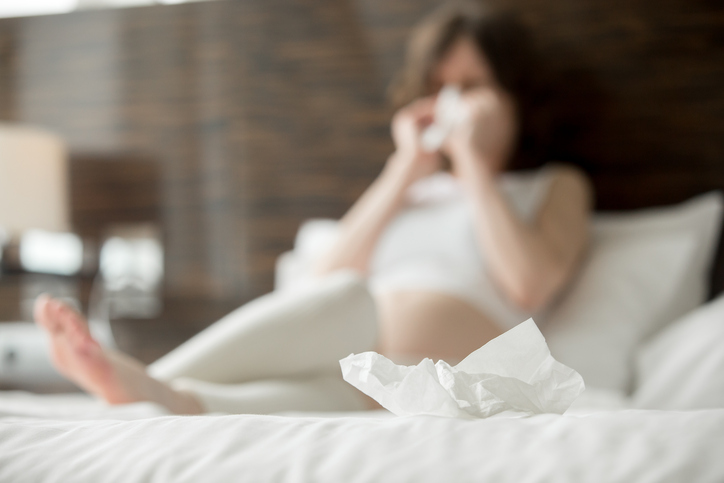Juicing fruits and vegetables is quickly gaining popularity, and with good reason, because it’s an easy way to get the nutrients you need in order to lead a healthy life. While many drink the juices for extra nutrition, or simply because it is trendy, one man, in particular, discovered nutrigenomics and used juicing to save his own life.
In 1999, Eric Cooper was diagnosed with ulcerative colitis, a gastrointestinal disease. “I was overly fed and undernourished,” said Cooper. Prior to receiving a diagnosis of this disease, Cooper explained how he would skip meals, didn’t drink enough water and sometimes would wait to eat until late at night. His diet consisted of processed foods, sugar, macronutrients, fast food, and meat.
After being diagnosed with this disease, Cooper was taking 48 pills a day with his symptoms leaving him bedridden and unable to work. “I had two weeks to live…within 72 hours I had my colon removed with reconstructive surgery in my small intestine. That was really kind of the start of the beginning,” said Cooper. The doctors had given Cooper a j-pouch, which is a pouch attached to the end of one’s small intestine that acts as a large intestine.

Between the two surgeries, Cooper discovered that the root cause of his ulcerative colitis was an autoimmune disease, which sparked his lifestyle turnaround. “I started a pretty deep dive into nutritional science, specifically the science of nutrigenomics, which is the science of how food communicates with our bodies on a molecular and genetic level. So, you literally are the food you eat,” said Cooper. He committed to a very hardcore lifestyle, eating 4 to 5 meals a day, plant based, all raw, eliminating all meat, dairy sugar, gluten, sodium and anything processed.
Cooper then started something called the Gerson Therapy, which led him to learn about pressed juices. “I thought it was a pretty incredible idea that you basically put 2 to 5 pounds of material into a bottle. I got a juice press and I started using the science of nutrigenomics to customize specific juices for my needs,” said Cooper. Cooper explained how it was essential that he got his body into an anti-inflammatory high-alkaline state in order for him to fully recover from his surgery.
A year after his j-pouch surgery, he went to his annual pouchogram checkup, which every person who has the j-pouch surgery is required to go to every year after their surgery. His surgeon said that he had never seen numbers like Cooper’s before and that if he continued with his healthy lifestyle, he would never have to go back. Cooper hasn’t been back since the first visit 8 years ago.






